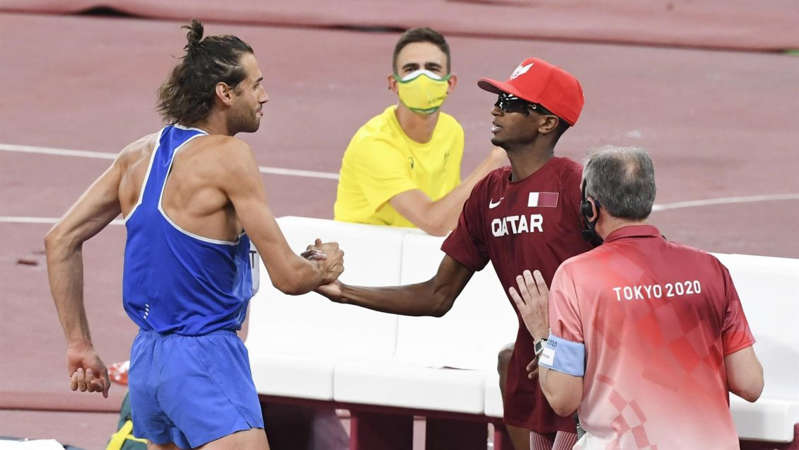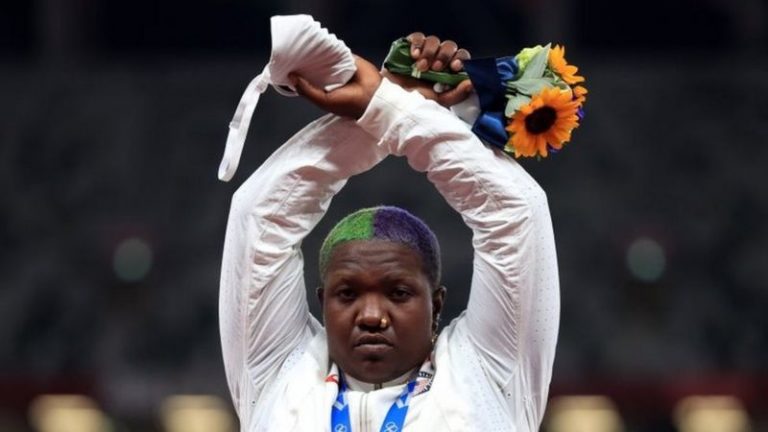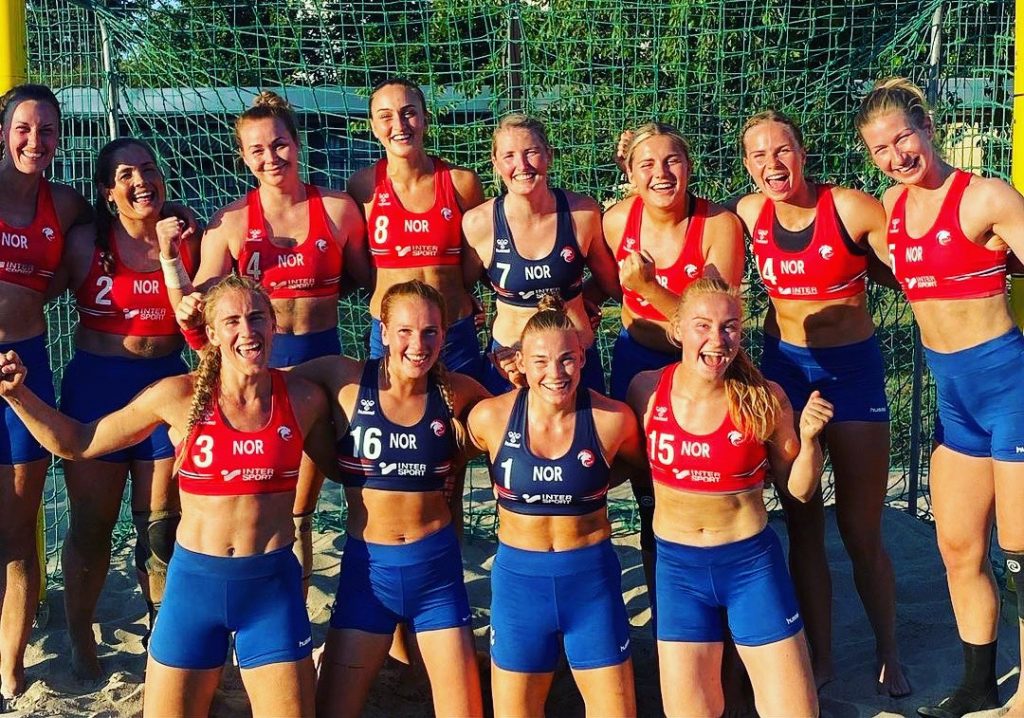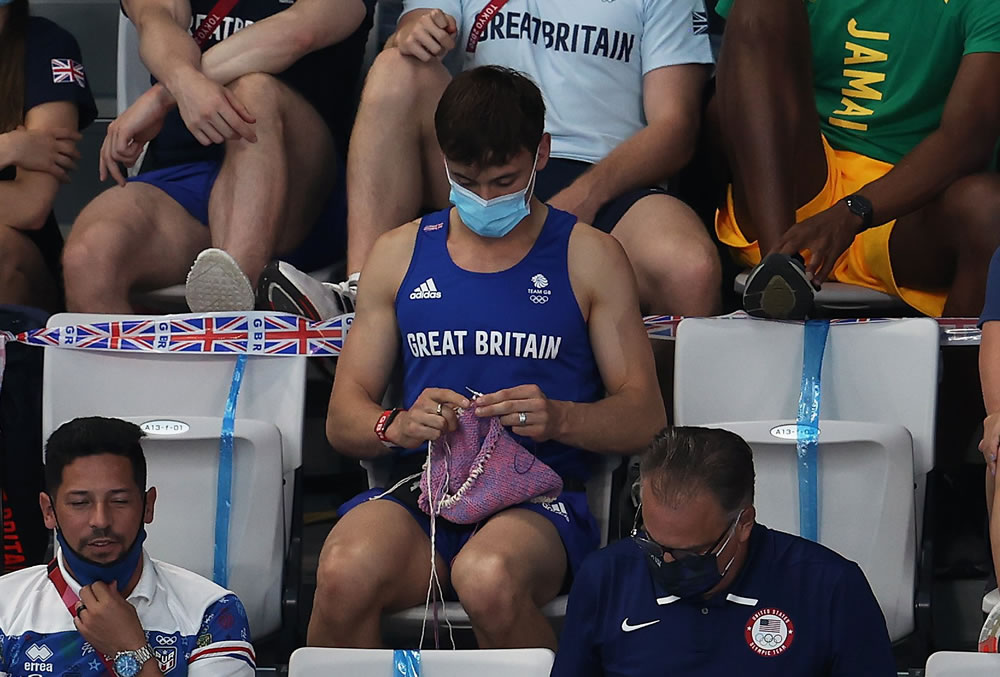JJOO Tokyo 2020: With claims against machismo and discrimination
The athletes reflected some daily claims of society.
Tokyo Olympics ended 2020, in a context of a global pandemic and under the motto "United by Emotion", It was the most anticipated world competition and not for that reason the one that has generated the least controversy. According to the Olympic Charter, the values of Olympism are respect - for oneself, by one's own body, for the others (…) – and non-discrimination, as well as humanism, the Solidarity… Like society, the Olympic Games have evolved since their birth in 1896, but in the XXI century there are still some laws of sport, that seem to go squarely against some of those principles that the Olympic movement raises.
And although in the first games, held in Athens in 1896, women were totally absent and, in the following, in 1900, its representation would be both only of 2%, we had to wait 114 years for participation to be “almost” egalitarian. Other data, the London Games of 2012 they would be called "Women's Games" for the record of female participation and for having been the first time that women competed in all categories. With this background and going through a fourth feminist wave worldwide, it was expected that the participation of women and sexual dissidents would prevail in Tokyo. Nevertheless, discriminatory and sexist attitudes were highlighted.
A few days before the opening ceremony, the first news came when the European Handball Federation (EHF) imposed a fine for the use of “inappropriate clothing " to the Norwegian beach handball team. According to the players themselves “The underpants (panties, panties, panties, in different countries of Latin America) that they were told to use in their last competition was too restrictive, sexualized and uncomfortable". Because, they decided to play, just like men, with shorts. Something that according to the Federation “It did not agree with the regulations on the athlete's uniform contained in the beach handball game regulations of the International Handball Federation”. The result was an economic fine for the selection that Pink, LGBTI + feminist singer and activist, offered to pay.
It is unheard of that in the XXI century women cannot choose how to dress, not even for sports. And although unfortunately the debate around what female athletes wear (and women in general) it's nothing new, it is the players themselves who for years have complained about this difference in beach sports and have said that they find the bikini to be degrading and impractical. But that was not the only debate during the competition.. The Spanish captain of synchronized swimming, Ona Carbonell had to go without her son to Tokyo and interrupt the child's breastfeeding. The measures adopted by the Olympic Committee made it impossible for a nursing mother to travel with her child, forcing them to choose between: go to the Olympics and stop breastfeeding their children or stay home and throw away the hard work of four years.
Meanwhile, the members of the German artistic gymnastics team decided to wear a full uniform during the competition to put an end to the “sexualization” of discipline. The decision of the athletes was warned in the gymnastics qualifiers, when they were seen with a uniform that covered their entire body. In the words of Elizabeth Seitz “we wanted to show that all women, all the world, should decide what to wear”.
Deciding when to be a mother, decide whether or not a child takes the breast, decide if the clothing used is the most comfortable for the discipline, decide that the body is not an object of desire, in short ... being able to be free is the constant debate to which women around the world are constantly exposed. The Olympics revealed some of the anti-discrimination and anti-sexist fights that take place around the world. Welcome be. As stated by the digital content creator and former attorney, This is Leigh, “you have to draw attention every time it happens (…) because we have to show the girls, from small, that sport is a women's place”.
Undoubtedly, women and the fight for equality in sport represents one of the most outstanding values that laid the foundations in Olympia: triumphant perseverance. Against machismo and discrimination from the authorities, Olympic solidarity was expressed at the Olympics. As accurately described in the note “Olympics. Genres without Borders ”: The change has been beating for a long time. It's the feminist and dissident wave, popular rebellions with youth at the fore, the black movement and another long list of struggles. Reflecting the struggles that are raging around the planet today, in Japan the gestures and actions of athletes with commitment made fair flags visible. In a world without exploitation or borders, all of Olympic sport will show new and higher values of solidarity, brotherhood and companionship. High jump athletes Gianmarco Tamberi and Mutaz Essa Barshim, Italian one and Qatari another, who agreed not to tie the tie and share the gold, they are just an advance. "







